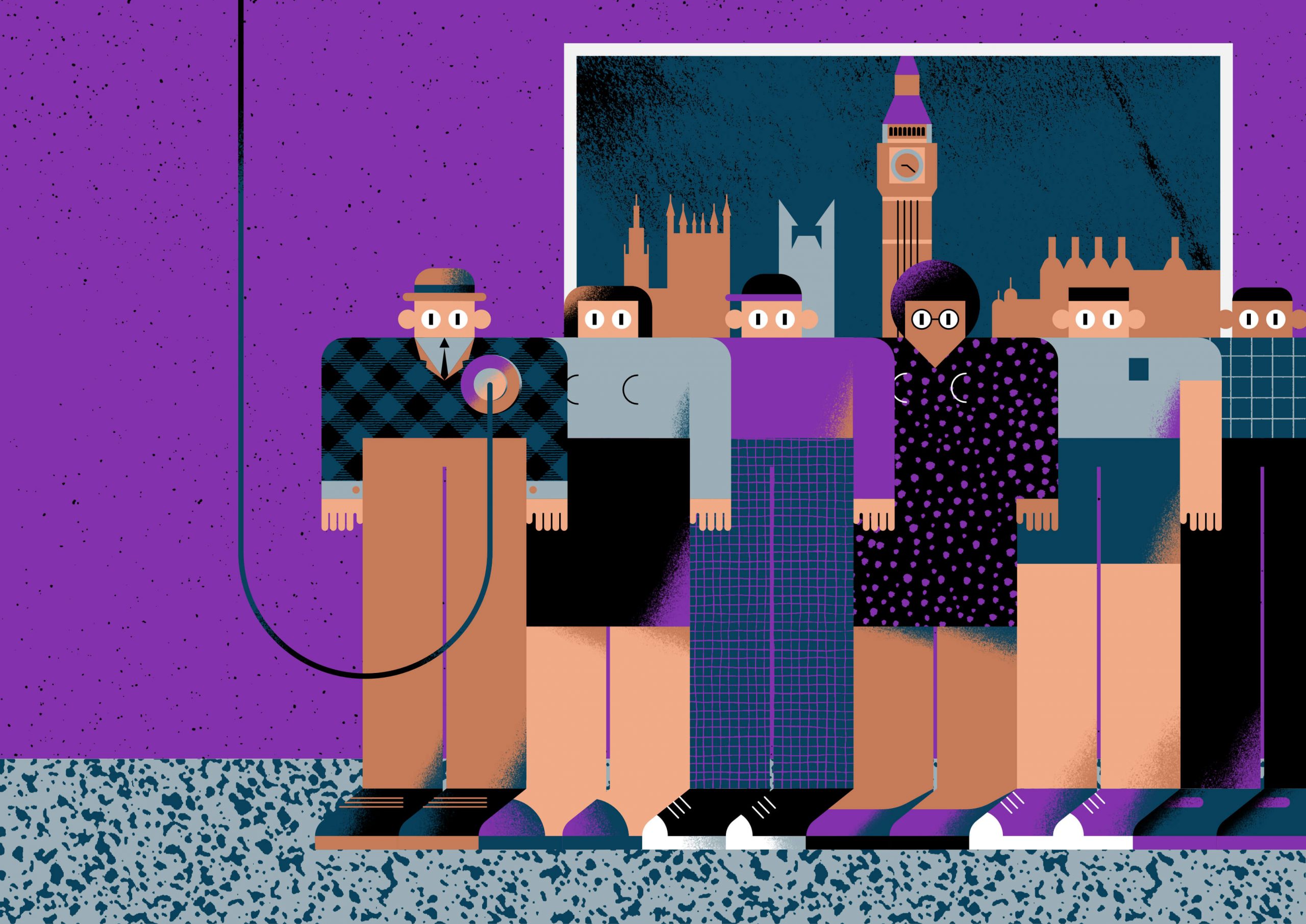Modern cardiology is currently facing many challenges. According to WHO, cardiovascular diseases are the leading cause of death worldwide. Therefore, it is crucial to provide better diagnostics and treatment to cardiac patients. One country that is currently struggling to reduce the number of patients with heart diseases is the United Kingdom. What are the obstacles causing this, and how can they be overcome?
Cardiovascular diseases in the UK
Heart diseases cause a quarter of all deaths in the UK, which is more than 160,000 deaths each year or one every three minutes. There are around 7.6 million people living with a heart or circulatory disease. The most common type of heart disease is coronary (also known as ischaemic) heart disease. It is not only the most frequent cause of heart attack but was also the biggest killer worldwide in 2019. These numbers could have been lower if some of the cases had been diagnosed earlier. However, cardiac care in the UK is overburdened with too many patients and does not have enough resources to examine them in good time.
Increasing number of patients waiting for heart care
The number of people with cardiovascular diseases in the UK is growing rapidly, which can be seen in the increasing number of patients waiting to see a specialist. There are more and more patients who need urgent diagnosis or treatment. According to NHS England figures, over 100,000 people are waiting over four months for time-sensitive heart care. Hence, the biggest challenge in the British cardiology sector is the vast backlog of vital cardiac care. What are the reasons for this?
The situation became particularly bad when the COVID-19 pandemic began. Due to the rising number of coronavirus victims, most cardiac procedures were suspended. Therefore, many patients had to wait for their examination or surgery until the pandemic receded, which in some cases was too long. The situation for cardiac patients has still not improved as the UK healthcare system is struggling with busy Accident & Emergency departments, long ambulance waiting times and staffing shortages.
All these factors have resulted in one of the biggest backlogs of vital care in the UK. For the first time, 31% of all people are on a waiting list for cardiac care. The scale of the problem is also shown by the average ambulance response time for category 2 calls (suspected heart attacks and strokes), which has risen to 59 minutes, whereas the target is 18 minutes. When it comes to cardiovascular diseases, time is crucial – the longer patients wait for treatment, the higher the risk of heart failure or premature death. Thus, it is incredibly important to involve modern technologies and automation in order to free doctors from time-consuming manual work. How can this be achieved?
Reducing backlog using AI algorithms
Artificial intelligence can easily help doctors to reduce their workload, allowing them to examine more patients and increasing time for doctor-patient contact. How is this possible? AI algorithms automate the analysis of ECG signals and make it more precise. Thus, cardiologists don’t need to analyse signals manually because algorithms do it for them using data from billions of heartbeats that have already been analysed.
One of the solutions that is already being implemented in cardiology is Cardiomatics, an AI cloud-based software which makes ECG analysis faster, easier and more accurate. Thanks to our software, doctors can reduce analysis time by up to 80% compared to the standard procedure. What’s more, it takes just four clicks to create a reliable and transparent report which doctors can use to draw conclusions about the current condition of the patient, their diagnosis and a possible treatment plan. In this way, specialists can reduce time spent on manual tasks or paperwork and focus on what’s most important – helping patients. Our solution is not only time-efficient but also reliable. The effectiveness of Cardiomatics algorithms has been validated in clinical trials and is trusted by the University of Basel, the University of Copenhagen and the Medical University of Warsaw, as well as by hundreds of cardiologists and practitioners from more than 15 countries, including Germany, Switzerland, England and Poland.
If you are wondering how to cope with the increasing backlog of heart care in the UK, contact us. We will introduce you to Cardiomatics and show you how new technologies can support doctors in daily practice.

